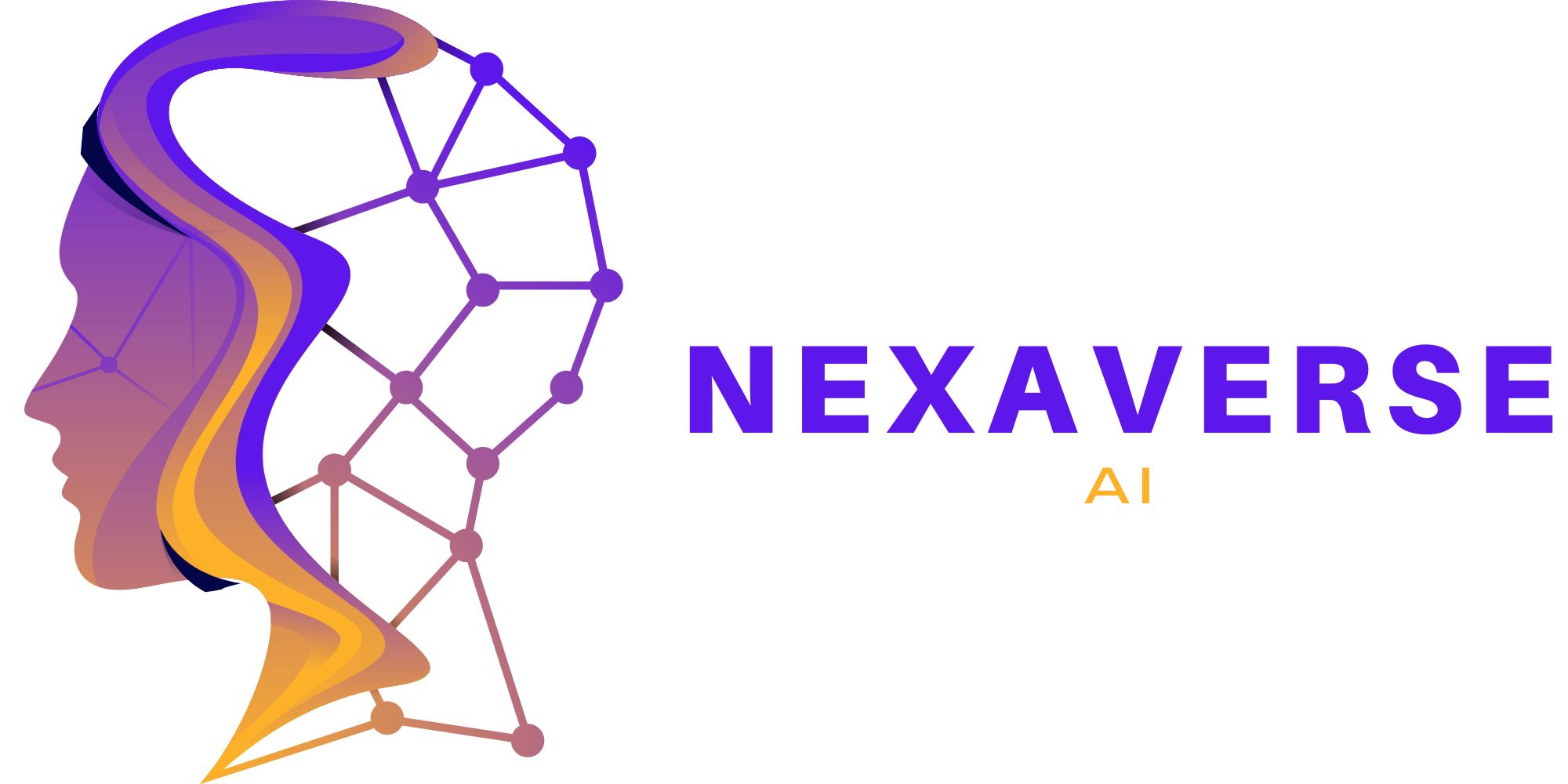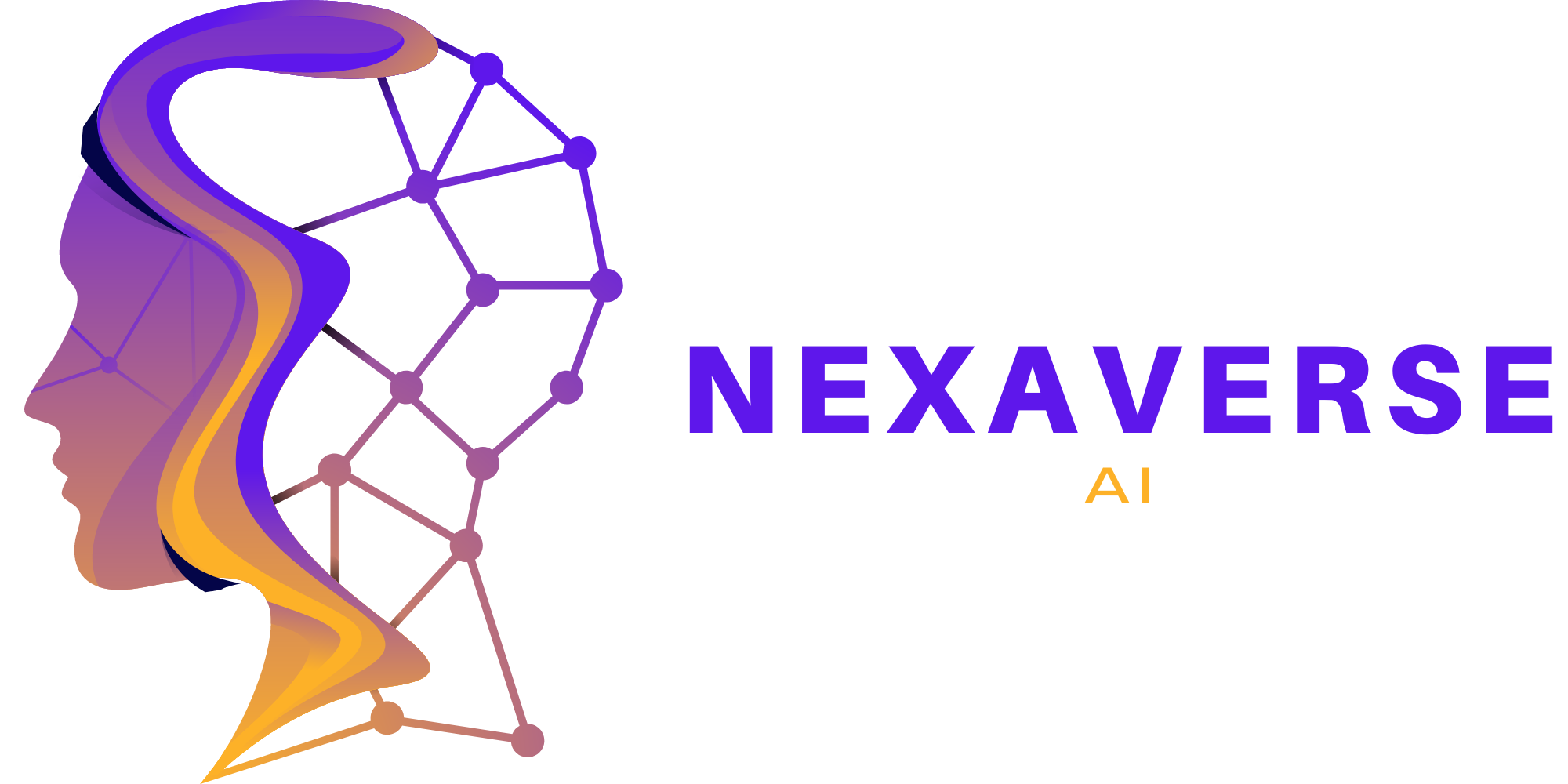The Future of Business Growth: Harnessing the Power of AI and Automation
Leverage the power of AI and automation to drive business growth. Discover how these transformative technologies can streamline operations, enhance customer experiences, and unlock innovation.

Unlocking the Potential of AI and Automation for Business Growth
In today's rapidly evolving business landscape, leveraging the power of AI and automation has become crucial for driving sustainable growth and staying ahead of the competition.
Bolded introductory statement: AI and automation are not just buzzwords, but transformative technologies that can revolutionize the way businesses operate and scale.
Enhancing Operational Efficiency with AI and Automation
One of the key benefits of AI and automation is the ability to streamline and optimize business operations. By automating repetitive tasks and leveraging AI algorithms, businesses can significantly improve efficiency and productivity.
Bold statement in this section: AI-powered automation can reduce human error and enable businesses to operate at a higher level of accuracy and precision.
Italicized content in this section: Automation can also free up valuable resources and allow employees to focus on more strategic and creative tasks.
Streamlined Processes:
- AI and automation can optimize and automate various processes, such as inventory management, supply chain logistics, and customer support, leading to faster turnarounds and improved customer satisfaction.
- Data-Driven Decision Making:
- AI algorithms can analyze vast amounts of data in real-time, providing businesses with actionable insights and empowering them to make informed decisions that drive growth.
The Role of AI-Powered Analytics in Business Growth
AI-powered analytics tools are becoming indispensable for businesses looking to gain a competitive edge. By leveraging advanced algorithms and machine learning techniques, these tools can extract valuable insights from complex data sets and identify trends and patterns that may not be apparent to human analysts.
Driving Personalized Customer Experiences
In an era where customer expectations are constantly evolving, providing personalized experiences has become crucial for business growth. AI and automation can play a significant role in delivering tailored customer experiences at scale.
Bold statement in this section: AI-powered chatbots and virtual assistants can provide 24/7 customer support, answer queries instantly, and enhance customer satisfaction.
Italicized content in this section: AI algorithms can analyze customer data to understand preferences and behavior, allowing businesses to deliver personalized product recommendations and targeted marketing campaigns.
Improved Customer Engagement:
- AI can analyze customer interactions across various touchpoints to provide a unified view of the customer journey and enable businesses to deliver consistent and personalized experiences.
- Enhanced Sales and Marketing:
- AI-powered automation can optimize lead generation, lead scoring, and sales forecasting, enabling businesses to identify high-value prospects and maximize revenue opportunities.
The Rise of AI-Powered Personalization in E-commerce
E-commerce businesses are increasingly leveraging AI algorithms to provide personalized product recommendations, dynamic pricing, and personalized shopping experiences. This not only enhances the customer experience but also drives higher conversion rates and customer loyalty.
Unlocking Innovation and New Opportunities
AI and automation have the potential to unlock new avenues for innovation and business growth. By automating routine tasks and leveraging AI-driven insights, businesses can free up time and resources for exploring new ideas and ventures.
Bold statement in this section: AI-powered innovation can help businesses identify emerging trends, uncover untapped markets, and develop new products and services that cater to evolving customer needs.
Italicized content in this section: AI algorithms can also facilitate predictive modeling and forecasting, enabling businesses to anticipate market shifts and proactively adapt their strategies.
Accelerated Product Development:
- AI and automation can streamline the product development lifecycle, from ideation and prototyping to testing and iteration, helping businesses bring innovative products to market faster.
- Uncovering New Market Opportunities:
- AI algorithms can analyze market trends, consumer behavior, and competitor data to identify gaps and opportunities, allowing businesses to tap into new markets and expand their customer base.
The Future of AI-Driven Innovation
AI is expected to play a pivotal role in driving innovation across industries. From healthcare to finance to manufacturing, businesses are embracing AI technologies to uncover new insights, automate processes, and revolutionize their operations.
Overcoming Challenges and Embracing the Future
While the potential of AI and automation for business growth is immense, there are also several challenges that need to be addressed. From ethical considerations to data privacy concerns, businesses must navigate these complexities to fully harness the power of AI and automation.
Bold statement in this section: It is crucial for businesses to develop a comprehensive AI strategy that aligns with their growth objectives and addresses potential risks and challenges.
Italicized content in this section: Investing in robust cybersecurity measures and ensuring transparency in AI algorithms are some of the key steps businesses can take to overcome these challenges.
Ethical Considerations:
- As AI and automation become more prevalent, businesses must ensure that these technologies are used ethically and responsibly, taking into account issues such as bias, fairness, and accountability.
- Data Privacy and Security:
- With the increasing reliance on AI algorithms, businesses must prioritize data privacy and security, implementing robust measures to protect sensitive information and comply with regulations.
The Road Ahead: Building a Future-Ready Business
As AI and automation continue to evolve, businesses must embrace a future-ready mindset. This involves fostering a culture of innovation, upskilling employees to work alongside AI technologies, and continuously adapting strategies to leverage the latest advancements.
In conclusion, AI and automation hold immense potential for driving business growth in the future. By enhancing operational efficiency, delivering personalized customer experiences, unlocking innovation, and overcoming challenges, businesses can leverage these technologies as catalysts for success.
Frequently Asked Questions (FAQs)
Q. How can AI and automation benefit small businesses?
A. I and automation can benefit small businesses by automating repetitive tasks, optimizing resource allocation, and providing data-driven insights that enable better decision-making and growth.
Q. What are some potential risks associated with AI and automation?
A. Some potential risks associated with AI and automation include job displacement, ethical concerns, data privacy and security issues, and biases in AI algorithms.
Q. How can businesses ensure the ethical use of AI?
A. Businesses can ensure the ethical use of AI by implementing transparent and explainable AI algorithms, regularly auditing AI systems for biases, and adhering to ethical guidelines and regulations.
Q. What industries are likely to benefit the most from AI and automation?
A. Industries such as healthcare, finance, manufacturing, retail, and customer service are among the sectors that are likely to benefit the most from AI and automation.
Q. How can businesses prepare for the future of AI and automation?
A. To prepare for the future of AI and automation, businesses should invest in AI talent and expertise, prioritize data governance and security, foster a culture of continuous learning and innovation, and develop comprehensive AI strategies aligned with their growth objectives.
Note: It is crucial for businesses to strike the right balance between automation and human expertise. While automation can drive efficiency, human judgment and creativity are still essential for decision-making and innovation.




